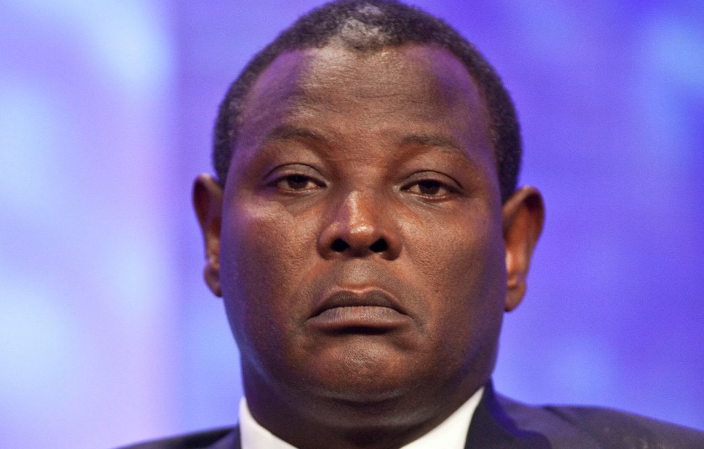Recent revelations of a Ksh1.5 billion fraud involving an insider at Equity Bank have spotlighted troubling issues within one of Kenya’s largest financial institutions.
However, this incident may be just the tip of the iceberg when it comes to the corruption and malpractice plaguing the bank.
Equity Bank, under the leadership of CEO James Mwangi, has grown into one of the most powerful financial entities in Kenya and Africa.
Mwangi, who has been at the helm for over three decades, is lauded for transforming the bank into a regional powerhouse.
However, this success story is marred by repeated allegations of fraud and corruption, which seem to be systematically ignored by regulatory authorities.
The Ksh1.5 billion fraud case is only the latest in a series of insider fraud incidents at Equity Bank.
In this instance, an employee reportedly installed malware in the bank’s system, enabling the transfer of vast sums of money to various accounts undetected.
This kind of breach not only raises concerns about the bank’s internal controls but also highlights the broader issue of accountability within the Kenyan banking sector.
Despite the severity of the case, neither Equity Bank nor the Central Bank of Kenya (CBK) has made any significant public statements, leaving many to question the effectiveness of oversight mechanisms in the industry.
James Mwangi’s influence extends beyond the financial sector into the political arena, where he has strategically positioned himself to maintain the bank’s dominance.
During the 2022 general elections, Mwangi allegedly provided financial support to both main political contenders, Raila Odinga and William Ruto, ensuring that the bank would remain protected regardless of the election outcome.
This political maneuvering has helped shield Equity Bank from potential regulatory repercussions, fostering a culture of impunity within the institution.
Moreover, the bank has been linked to a disturbing trend where customers report unexplained losses from their accounts, with little to no recourse.
These incidents, often shared widely on social media, have not prompted any meaningful action from the CBK or other regulatory bodies.
There are also reports of bank staff allegedly colluding with criminals to rob customers withdrawing large sums, further eroding public trust in the institution.
James Mwangi’s immense wealth, now surpassing the billion-dollar mark, is seen by some as a product of these questionable practices.
His financial empire, built partly on lucrative government contracts and loans, contributes to Kenya’s burgeoning public debt.
Despite these controversies, Mwangi continues to enjoy significant protection, both legally and politically.
The Ksh1.5 billion fraud case raises important questions: If such a massive fraud can go undetected for so long, what other malpractices might be lurking beneath the surface at Equity Bank? And more broadly, why does Equity Bank seem to operate above the law? As the investigation into the recent fraud continues, these questions will likely intensify, putting both Equity Bank and Kenya’s financial regulatory framework under greater scrutiny.
This situation highlights the urgent need for stronger regulatory oversight and accountability in Kenya’s banking sector to protect consumers and ensure the integrity of the financial system.
Without such measures, the cycle of corruption and malpractice is likely to continue, with dire consequences for the country’s economy and public trust in its institutions.





















Add Comment